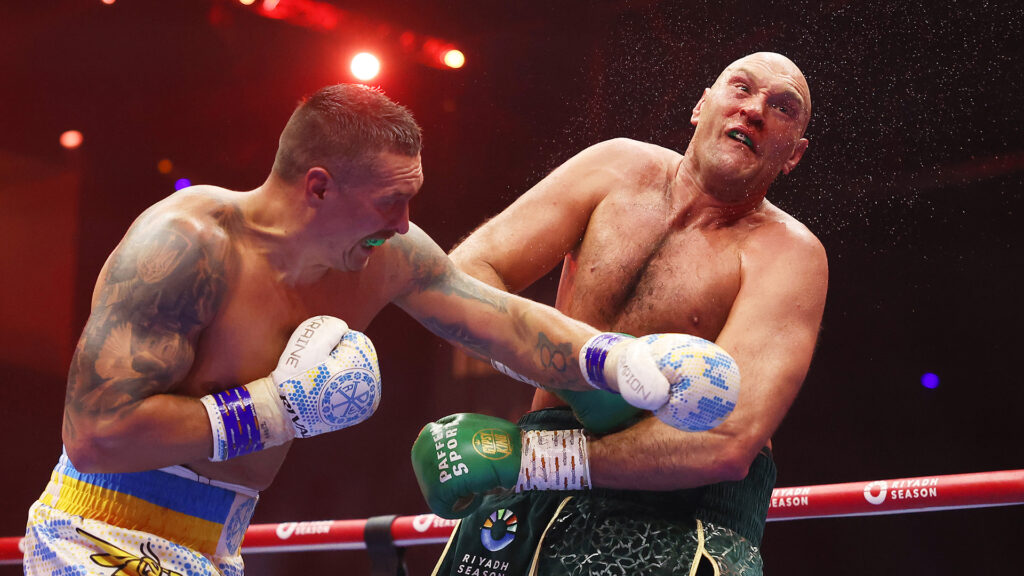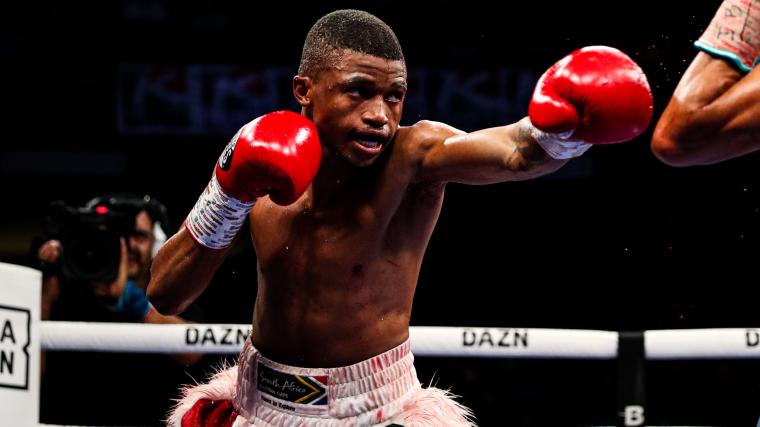South Africa achieved one of the two goals, in the last Group B game against Bangladesh in ICC Women’s World T20 in Dubai on Saturday — winning.
The second — doing so by a large enough margin — didn’t happen.
There were 16 balls left when Marizane Kapp struck the winning single, but the looks on the faces of her teammates told its own story. The seven wicket win — wasn’t as dominant as they would have liked.
In fact, having come into the match with a Net Run Rate of 1.53, the Proteas saw that figure drop to 1.38.
The outcome leaves the Proteas atop Group B, but England should overtake them on Sunday, by beating minnows Scotland in Sharjah. Then it will be Tuesday’s last Group game, between the West Indies and England, which will have SA’s full attention.
A win there for the West Indies, will mean, the Proteas will have to pack their bags.
That would rank this T20 World Cup as a failure for Laura Wolvaardt’s team. The captain had stated that the semifinal was the minimum target for her side, which reached the final in the last tournament 18 months ago.
The performance yesterday was scratchy, both with bat and ball, partly because the surface at the Dubai International Stadium didn’t allow for shotmaking. The total boundaries for the match was just 17, with South Africa scoring nine of those, and spin was especially difficult to score against.
Given that was the case, Wolvaardt’s decision to use so much seam bowling, was perplexing. The Proteas bowled 12 overs of seam and although Marizanne Kapp again, delivered a typically miserly performance taking 1/10 in her four overs, the rest of the seam bowling wasn’t as tight.
Ayabonga Khaka and Nadine de Klerk conceded a combined 53 runs from seven overs, with both struggling to control the swing ball.
The other issue was the number of extras. Having conceded eight wides in their previous outing against Scotland, on Saturday they coughed up 11 against the Bangladeshis, who made 106/3. That lack of discipline also played its part in the Net Run Rate slump. Chloe Tryon bowling four wides as a spinner was especially egregious.
Wolvaardt described the number of extras as “concerning” and should the Proteas reach the semifinal it is an area that they will need to clean up.
Once more the left-arm spinner Nonkululeko Mlaba impressed, not only keeping a reign on the scoring, but picking up another wicket, to raise a tournament-leading tally to nine.
The run chase was a struggle. The Proteas certainly showed a willingness to be aggressive, but the nature of the pitch and the smart tactics of Bangladesh, made batting hard.
Wolvaardt herself was stumped, charging at the leg-spin of Fahima Khatun, but the rest of the innings made for frustrating viewing as Tazmin Brits and Anneke Bosch consistently hit the field during their second wicket partnership of 53.
“It was a very difficult wicket to bat on,” said Brits, who was named player of the match for innings of 42. “They bowled so slowly, which was the right thing to do on that pitch, and I just kept hitting it to fielders.”
That it took her 41 balls to reach that score, underlines just how much she struggled, while Bosch took 25 balls to make the same score.
“We would have liked to have chased that quicker and that was the message that was going out there to the batters, but we didn’t get there. But the win was the main thing,” Wolvaardt remarked.
She added that she was a nervous watcher. “Now we wait for the other results, hopefully we’ve done enough.”







